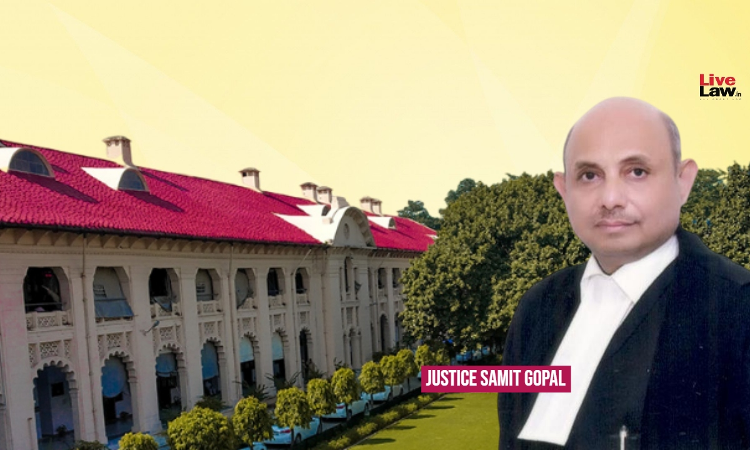POCSO Act Cases Can't Be Quashed On Ground Of Victim Entering Into A Compromise With Accused: Allahabad High Court
Sparsh Upadhyay
9 April 2024 3:37 PM IST

Next Story
9 April 2024 3:37 PM IST
The Allahabad High Court has recently observed that under the POSCO Act 2012, regarded as a "Special Statute", offences cannot be dismissed solely on the basis of a compromise between the accused and the prosecutrix-victim."Once the consent of the minor prosecutrix is immaterial for registration of offence, then such consent shall still remain immaterial for all practical purposes at all...
